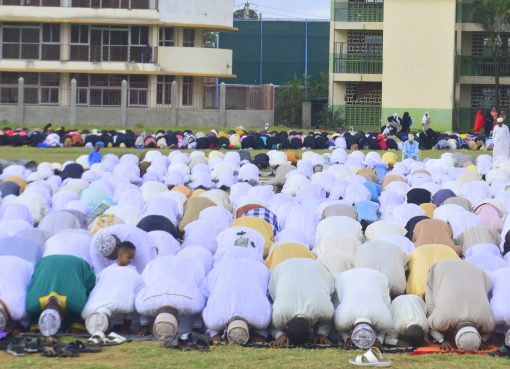The National Government Affirmative Action Fund (NGAAF) in Narok has given Sh. 8.026 million to be distributed to 20 groups of Persons Living with Disability in the county.
Speaking during a Civic Education Workshop for the physically challenged persons in the county, the Narok Women Representative, Soipan Tuya asked the groups to use the money given as grants to boost their livelihood.
“The government has not given you this money to buy bread and milk and start borrowing tomorrow, we expect you to start a small income generating business like buying sheep and goats, rearing poultry and starting small retail shops that can earn you an income,” said Ms. Tuya.
She discouraged the groups from begging in the streets, saying the government was committed in giving devices such as wheel chairs to facilitate their mobility.
“It is bad to stay besides the streets begging yet you too have a talent that you can explore and earn money. I encourage you to register with the National Council of Persons Living with Disability to receive the necessary support to improve your life,” Ms. Tuya continued.
The legislator decried that many office buildings in the county were not disability friendly posing challenge to the group while seeking services in government offices.
“Despite the constitution highlighting that all buildings should be disability friendly, the law is still in paper only because it has not been implemented on the ground. This is discriminating persons living with disability he said.
The women representative was speaking to over 300 PLWD who met at Narok North Youth Empowerment Hall, saying in August last year, her office through NGAAF gave Sh. 2.29 million to support 72 persons who participated in the Desert Paralympic competition.
She added another Sh. 2.5 million was spent to buy 50 wheel chairs while another Sh. 2.86 million was given to 22 PLWD groups.
The Narok North Sub County Deputy Commissioner (DCC), Ronald Mwiwawi challenged the group to apply for other government funds like Uwezo Women and Youth Funds to better their livelihoods.
He called on parents and relatives not to hide physically challenged persons but instead register them to benefit from the Council’s funds.
By Ann Salaton



